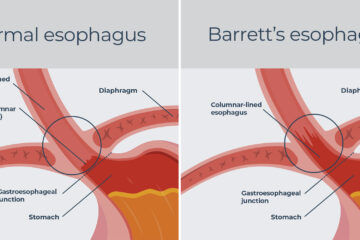
Using a set of lifestyle and health factors, researchers in a recent study by the American Geriatrics Society found a method of calculating risk for pneumonia that may help increase vaccination and prevent the potentially life-threatening infection.
Older adults with pneumonia are hospitalized about 40 percent of the time, facing high risk of complication and death because of other health issues many of them already have. Those at highest risk for the infection are older, have chronic lung disease, smoke or are underweight.
For the study, published in the Journal of the American Geriatrics Society, the researchers analyzed medical data for 3,375 members of group health programs who participated in the Adult Changes in Thought study.
They identified potential risk factors from questionnaire and interview data, relating it back to 12,998 visits to doctor’s offices where risk factors were assessed.
During the study, 642 participants were diagnosed with pneumonia, and 574 died, leading the researchers to determine seven aspects of health and lifestyle they investigated can help calculate risk: Age; Sex; Chronic obstructive pulmonary disease; Congestive heart failure; Body mass index; and prescriptions for inhaled or oral corticosteroids as part of treatment for any condition.
The factors are commonly found in electronic medical records, researchers write in the study, suggesting the method of prediction could be put in place easily if found to be reliable.
The U.S. Centers for Disease Control and Prevention recommends all people over age 65 get one of two pneumonia vaccines.
Encouraging more older patients to get the pneumonia vaccine can prevent the infection itself, and may be able to prevent other health problems and death, the researchers said in a press release.
[Source:- UPI]




